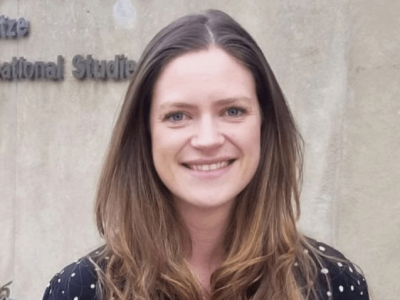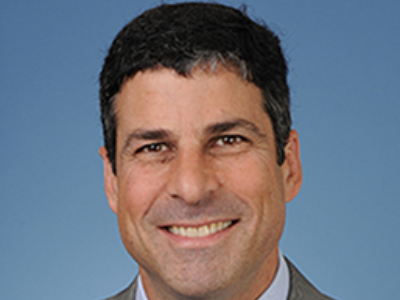This session will discuss the concept of creating and enabling investment vehicles to promote the early retirement of fossil-fuel based assets. It differs from other discussions on innovative financing of the energy transition in two ways. First, it looks beyond promoting investment in renewables and sustainable infrastructure at instruments to facilitate the decommissioning of carbon-intense assets. Second, it goes beyond concessional financing and blended finance or public private partnerships to consider more sophisticated financing and “responsible portfolio management” techniques.
The premise is the need to provide the owners of operating fossil fuel assets the financial incentive either to retire those assets before the originally-intended date or to divest their holdings to investors that will do so. That financial incentive can come in different forms; what has been envisioned to date includes a combination of concessional lending/financing from national or multinational development organizations and climate “results-based” financing mechanisms. It is imagined that such climate financing could be sourced from selling carbon avoidance offset credits or from pools of funds dedicated to climate mitigation.
The discussions will consider how this idea has been envisaged to date as well as the early experiences of practitioners. Learning experiences will be explored from two efforts: early closure of coal-fired power plants and of oil wells. These are consistent with mechanisms that have been introduced at recent COP sessions, including the Energy Transition Mechanism and the Energy Transition Accelerator. Consideration will be given to the perspective and incentives of asset-seller and asset buyer/investor, as well as to the various forms of financial support that can be provided to facilitate transactions and address the impacts of closure on affected communities. Consideration can also be given to the feasibility and merit of structuring such mechanisms at a portfolio level, to include a number of assets, versus on an individual asset basis.
Session themes:
- What are some of the proposed structures of financial instruments for early retirement of fossil assets? Given early experience, what are the conditions for making such instruments attractive?
- What might it take for such structures to help promote retiring such assets at scale? Given assumed limitations on how much concessional financing support will be available, is it realistic to imagine adequate amounts of results-based climate financing can be raised and if so, in what forms?
- How can issues related to the integrity of emissions reductions goals be ensured and “built into” such financial instruments? For example, how can it be verified/measured that asset retirements are not simply resulting in the use of more of a different carbon emitting asset? Or, how can it be ensured that the asset would not have been retired anyway?






